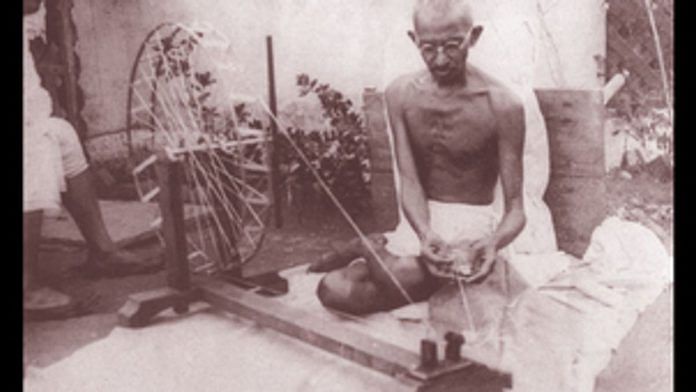New Delhi: Between March and April 1947, Indian Council of Word Affairs (ICWA) hosted the Asian Relations Conference. The international conference in New Delhi saw the participation of 28 countries, including Tibet. It was the first international conference that Tibet attended as a separate nation.
At the closing of the conference, Mahatma Gandhi spoke and highlighted to the members in attendance that scientists from Europe went out of the continent in their search for the ‘truth’.
Jairam Ramesh, Member of Parliament and the Congress General Secretary in-charge of Communications, highlighted the Asian Relations Conference through a post on the social media platform X (formerly known as Twitter).
“The very first international conference in New Delhi was held even before our independence, between March 23 and April 2, 1947. It is known as the Asian Relations Conference and many books have been written on it. 28 countries participated,” Ramesh tweeted Friday, on the eve of the G20 Summit being held in New Delhi from 9-10 September.
“In the current ruling dispensation, the External Affairs Minister would alone understand its significance and impact — even if he chooses to devalue it today,” Ramesh added.
‘Truth to not be found in the soil of Europe’
At the conference, Gandhi said, “there were three scientists and they – of course it is an imaginary story – three scientists went out from France, went out of Europe in search of ‘Truth’. That was the first lesson that story taught me, that if ‘truth’ was to be searched it was not to be found on the soil of Europe.”
Gandhi highlighted that the three men travelled to Asia in search of ‘truth’, and how one of the three travellers found his way to India. “…he penetrated a humble cottage, in a humble village, and that cottage was a Bhangi cottage, and he found the ‘Truth’ that he was in search of, in that Bhangi cottage, in the Bhangi family, man, woman, perhaps two or three children,” he added.
Gandhi beseeched the attendees to imagine the India of 7,00,000 villages that holds nearly 40 crore people. “See, perhaps some of you, a few villages of India then you will find real India. Today I will make this admission also, that you will not be fascinated by the sight. You will have to scratch down below the dung-heaps that the villages are today. I don’t pretend to say that they were ever places of paradise,” he explained.
“They (villages) were not like that before, of that I am quite sure. That I speak not from history but from what I have seen myself, with my physical eyes, of India, and I have travelled from one end of India to the other, seen these villages.”
But it is in the midst of the “dung-heaps” the humble Bhangis are to be found, and here one finds the concentrated essence of wisdom, Gandhi said, pondering upon the question of how.
‘Wisdom came to West from East’
Gandhi explained to the audience that the Western books, written in English, point out that the wise men came from the East, and their wisdom travelled to the West.
“And who were these wise men? Zoroaster. He belonged to the East. He was followed by Buddha. He belonged to the East, he belonged to India. Who followed Buddha? Jesus, again from Asia. Before Jesus was Musa, Moses, also belonging to Palestine,” Gandhi said.
Gandhi added, “And then came Jesus, then came Mohammad. All those I omit. I omit Krishna, I omit Mahavir, I omit the other lights, I won’t call them lesser lights, but unknown to the West, unknown to the literary world. All the same, I don’t know a single person to match these men of Asia.”
He asserted that Christianity became “disfigured” in the West, highlighting that the message of the East cannot be learnt through “European spectacles” or the gun-powder of the West or even the atomic bomb.
Calling for the message of ‘love’ and ‘truth’ to be spread from the East to the West, Gandhi called for the conquest of the West by Asia through these two messages.
“I am so sanguine that if all of you put your hearts together, not merely your heads, but hearts together and understand the secret of the messages of all these wise men of the East have left to us, and if we really become, deserve, are worthy of that great message, then you will easily understand that the conquest of the West will be completed and that conquest will be loved by the West itself,” Gandhi added.
(Edited by Tony Rai)



